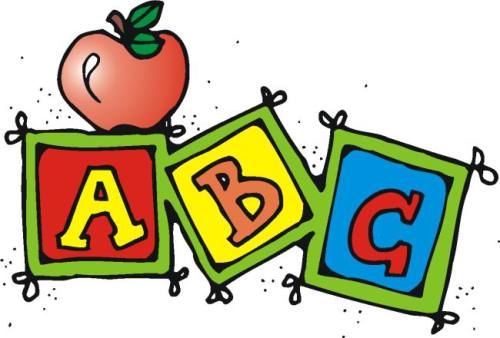Some really cool sciencey stuff happened this week that proves rapid universal expansion a fraction of a tiny second after the Big Bang. Gravitational waves, first proposed in Einstein’s Theory of Relativity nearly a century ago, have been found. Einstein was right.

Albert Einstein, 1953. Photograph: Ruth Orkin/Hulton Archive/Getty Images
“What does that mean?” you may well ask. “Is the universe going to explode? Will I get a tax break?”
Well, to be perfectly honest, we don’t really know what it means yet, because we’re just dumb, not even Type I primates without the knowledge to travel out of our own solar system let alone go around the block. Nothing has essentially changed with this discovery. Gravity still works the same way. The Earth still rotates around the Sun. We still don’t know how the Big Bang banged in the first place. If anything, it just prompts more questions.
What does it mean for the scientific community? Everything. The most exciting part of science is finding proof to turn a theory into a hard fact. The thing about science is that with every proof you find, it doesn’t so much answer questions as create more. Some people find that to be a chink in science’s armor. How can proof of something cause even more confusion?
Science is a constant journey into the unknown. For every provable theory, there are a billion more questions. The awesome thing about science is that we’ll never have all the answers. I mean awesome here with both definitions: impressively daunting and very cool. If we had all the answers, the universe would be a pretty boring place, don’t you think?
Like all theories, this inflation theory opens many possible doors to other exciting things. One possible hypothesis that inflation potentially strengthens is that of a multiverse. The multiverse hypothesis proposes that there are infinite (or finite) universes existing alongside (or parallel) to ours. Together, all the parallel universes, including ours, contain everything that has existed, does or ever will exist.
Sounds like science fiction, right? Well, it is still just a hypothesis, not a provable theory. However, the discovery of gravitational waves makes the multiverse hypothesis seem more credible.
There are many things about our universe that are vexing to our tiny primate brains such as the Goldilocks aspect of our solar system. Like the perfect porridge, our existence is almost too good to be true. Our little blue planet is exquisitely situated to allow us to be here typing and reading sentences like this one. The odds of that happening in only one universe are similar to winning the lottery without ever buying a ticket. If we weren’t in the exact spot that we are, life couldn’t exist.
Alan Guth, an MIT physics professor who first wrote about inflation theory in 1980, had this to say about the multiverse:
A multiverse offers one good possible explanation for a lot of the unique observations we have made about our universe. Life being here, for example.
Without its Goldilocks-perfect alignment of the physical constants—everything from the strength of the force attaching electrons to atoms to the relative weakness of gravity—planets and suns, biochemistry, and life itself would be impossible. Atoms wouldn’t stick together in a universe with more than four dimensions.
If ours was the only cosmos spawned by a Big Bang, these life-friendly properties would seem impossibly unlikely. But in a multiverse containing zillions of universes, a small number of life-friendly ones would arise by chance—and we could just happen to reside in one of them.
Life may have formed in the small number of vacua where it was possible, in a multiverse. That’s why we are seeing what we are seeing. Not because we are special, but because we can. (National Geographic)
The mutiverse hypothesis does explain some things. It’s fascinating to think that there are other possible universes alongside ours. Since we can’t even see the entirety of our own universe, it’s not too big of a stretch to think that there are others. It’s like a critter spending its whole life in one tree and never knowing it’s in a great big forest, let alone comprehending that there are deserts and prairies and mountains, too. Space and time are not immutable. Things are changing all the time. Our universe is still expanding. It’s actually accelerating.
Humans like to think of ourselves as king of the anthill. We have opposable thumbs! We have many complicated systems of language. We’ve created things like cars and plastic and space telescopes, but for every advance in scientific knowledge we make, like finding gravitational waves, it makes us realize how little we really know about things.
Over the course of our short history, humans have done a lot of things mostly involving superstition and killing each other, but when you consider the fact that we have only been doing systematic scientific research for the past few hundred years inside a universe that’s nearly 14 billion years old, well, we’ve come quite a long way. We deserve a pat on the back for at least learning our ABCs.

Humans have never traveled farther than our own moon. We’ve never even been to the bottom of the deepest parts of our oceans. We have no real clue how our brains even work. We have no idea how big the universe(s) really is or how it came to be in the first place, but we’re endlessly trying to find out. We know nothing, but we’re doggedly trying to learn more. Intense curiosity and an unwavering yen for knowledge are our best traits.
Cheers to science!







